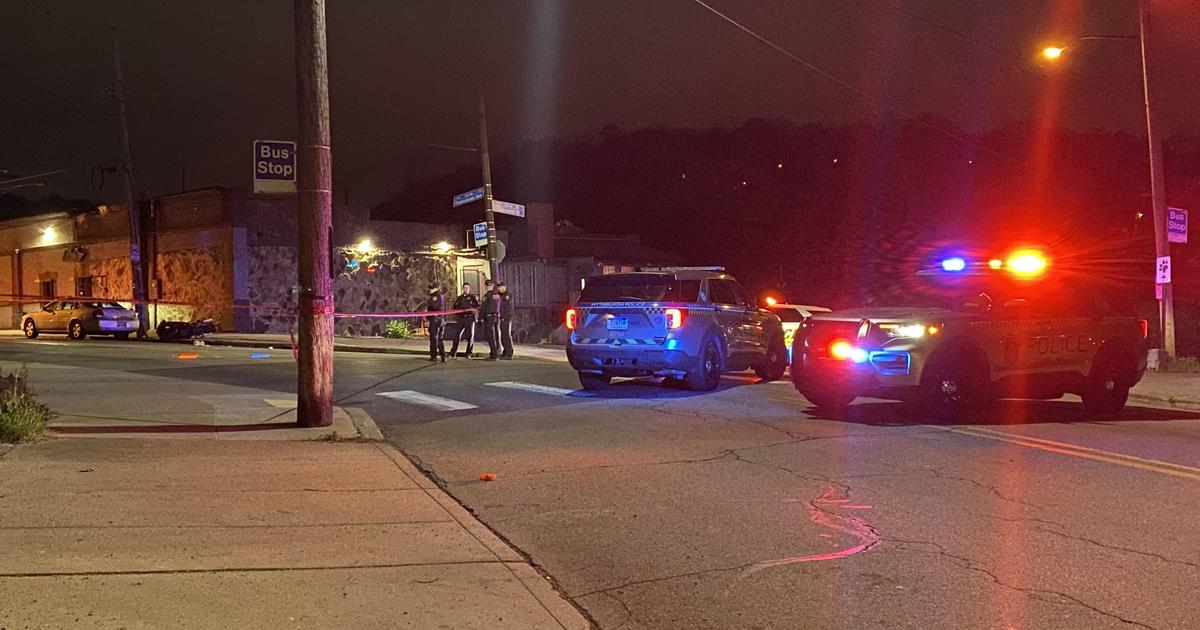Study: More Than One-Third Of U.S. Adults Use Prescription Drugs With Depression, Suicide As Potential Side Effects
Follow KDKA-TV: Facebook | Twitter
PITTSBURGH (KDKA) -- A new study suggests more than a third of American adults take prescription medications that have depression listed as a potential side effect.
Many are common drugs, including painkillers and birth control pills. But is there a correlation between that and the increase in suicides?
"If a patient is reporting a symptom, one of the first things a doctor should do is review the medication list," says Dr. Marc Itskowitz, an internist at Allegheny General Hospital.
Dr. Marc Itskowitz has seen patients develop depression after starting a new medication, usually in the first several weeks.
"And we tell them, if you're experiencing something new, call us and we can find a substitute medicine," he says.
Many Americans may not realize they are at risk of depression because of the medicines they take. A new study in JAMA estimates more than one-third of U.S. adults use prescription drugs that have depression or suicide listed as potential side effects.
"We are screening more for depression, which is unfortunately more common, as is suicide," says Dr. Itskowitz.
Researchers looked at the medicines used by a representative sample of 26,000 American adults from 2005 to 2014. They also looked at depression as a side effect, and came up with a list that had depression or suicidal symptoms as a possibility.
A total of 200 medicines made the list, including birth control pills, certain blood pressure medicines called beta blockers, proton pump inhibitors for reflux, gabapentin for seizures, a steroid called prednisone, and even high dose ibuprofen.
For people taking one drug on the list, seven percent had depression. With three drugs on the list, 15 persent had depression. For people who were not taking any of these drugs, five percent had depression.
"I think the study was intriguing. It doesn't necessarily prove that these medications cause depression in everyone that's on them, but it's a good reminder that we need to always review the medication list," Dr. Itskowitz emphasizes.
If you have symptoms of depression, such as changes in sleep, appetite, energy level, concentration, self-esteem or suicidal thoughts...and you happen to be on a medicine that could be a factor, talk to your doctor about substituting the drug, lowering the dose, or other options.
"The next step is to determine do they really need the medication," Dr. Itskowitz says.



